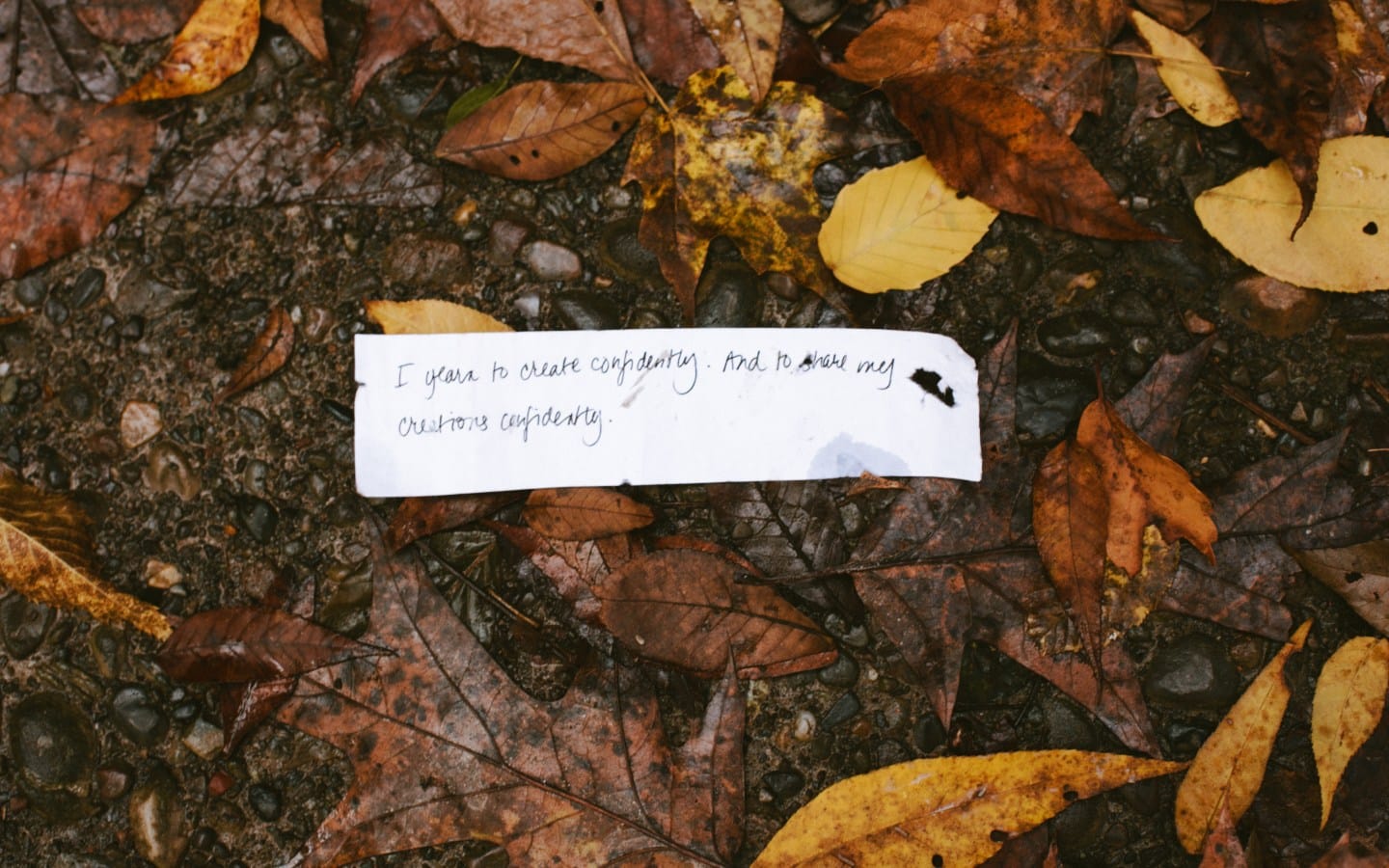
When exploring education options for children, parents often encounter words like progressive, experiential, and project-based. They wonder, what in the world this is about. Often the explanations are incomplete and lack tangible examples. Despite this, over coffee, at a dinner party, or while taking a spin class, someone will ask, “Can you tell me more?” of a parent who is going on about their child’s incredible transition to a new school or classroom.
Teachers and whole schools across the country are inspired by the practices put forth by educators and theorists who believe children should have a say in their education, education driven by students’ interests is deeply meaningful, a curriculum should be built together with students, and learning should be a sensory-rich experience.
Classrooms driven by these beliefs look, feel, and sound different. It is likely there is mixed seating at tables, on floor cushions, and in cozy corners. There is often a buzz of voices as children bat around ideas, share knowledge, and help each other through assigned work. They often push each other further while the teacher is moving about the room listening, collecting data, and providing small group instruction, encouragement, and provocations. The teacher is always assessing what students think, know, and have not yet learned. This informs the teacher of new and continuing interests, which provides inspiration for curriculum and new or deeper studies of topics that guarantee student engagement.
When entering a progressive school like Voyagers’ Community School, in Eatontown, a visitor will find this happening every day. The array of teachers and students are much like what one would find in any school, they are typical. The difference is their brilliance shines and the energy for learning is obvious at every turn.
All academic subjects are taught. Daily schedules include literacy, math, science, STEAM, global studies, music, and foreign language. Also evident might be an all-school meeting, a student judiciary hearing, a capstone advisory period, a committee jobs slot, and a quiet lunch focused on math games. More importantly, smiles, furrowed brows, one child helping another navigate a big idea, or high schoolers debating relativity and cultural myths will be prominent.
This environment, and approach to teaching, is driven by three pillars: the child is powerful, resourceful and competent, community drives intellectual and life skills learning, and democracy, voice and agency, is imperative to intellectual growth. At progressive schools, there is little interest in measuring learning through a test that examines finite facts predetermined by a committee in a room far away from where learning happens. Teachers are interested in immeasurable possibilities and the way children think, question, access, and examine information. They understand, “What children learn does not follow as an automatic result from what is taught, rather, it is in large part due to the children’s own doing, as a consequence of their activities and our resources.” Loris Malaguzzi, The Hundred Languages of Children.
When peeking into a Progressive preschool classroom, like that found at Voyagers’, during lunch or snack, little ones are likely to be gathered at the table in “conversation” in the form of gestures, laughter, facial expressions, and words. This is a moment every progressive teacher cherishes, as their children’s strong bonds to each other become apparent. Progressive schools often offer aesthetically beautiful environments filled with materials and people, and therefore possibilities. Students are brought together in classrooms, nature, public spaces, and professional environments. Often mentoring artists, musicians, lawyers, business owners, and the likes are invited into these classrooms. Out-of-the-box thinking leads to digital meetings with people around the world including writers, aerospace engineers, and community leaders. These schools rely on authentic materials and books. It is typical to see children building 3D printers, animating original art, and, reading a New York Times bestseller, such as Sapiens: A Brief History of Humankind by Dr. Yuval Noah Harari rather than an outdated and expensive textbook.
Progressive educators believe it is important to understand children do not develop and grow themselves but rather they develop by interacting and learning with others in vibrant schools and classrooms. Children have the right and the need to learn in joyful and innovative places. There are schools and teachers who provide just that.
Karen Giuffre’, M.Ed is the Founding Director of Voyagers’ Community School, soon celebrating its 15th year. She is staunchly dedicated to constructing joyful learning spaces with children from 12 months through 12th Grade. She finds kindred spirits among other innovative educators who are dedicated and work every day to ignite students’ curiosity. In the coming months, she will introduce Journal readers to Innovation In Education.